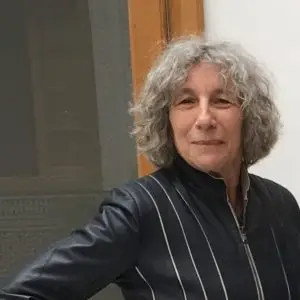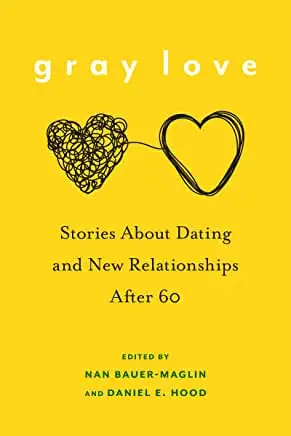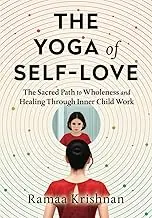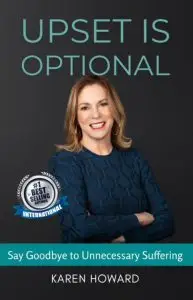 One hundred years ago, the average life expectancy in the US was around 47 years of age. In 2022, even in the aftermath of a devastating pandemic, the average life expectancy has nearly doubled, with the numbers now hovering around 80 years old. Older Americans now have many more decades of time to fill, which makes the question of how they spend their later years – and who they spend them with – more relevant than ever.
One hundred years ago, the average life expectancy in the US was around 47 years of age. In 2022, even in the aftermath of a devastating pandemic, the average life expectancy has nearly doubled, with the numbers now hovering around 80 years old. Older Americans now have many more decades of time to fill, which makes the question of how they spend their later years – and who they spend them with – more relevant than ever.
GRAY LOVE: Stories About Dating and New Relationships After 60, edited by Nan Bauer-Maglin and Daniel E. Hood, takes readers inside the romantic relationships being sought and formed by older Americans, in all their varied forms. The book contains forty-five essays, written by both men and women, and even a few couples. The essayists are both gay and straight, widowed and divorced, some lifelong singles, and all from an assortment of backgrounds. Their stories resonate with the universal themes of romantic love: the joy of finding a true partner coupled with the sometimes frustrating task of trying to merge one life with another. Yet they also explore issues unique to elder relationships. They are surer of themselves and what they want but face a smaller dating pool as well as the physical and emotional challenges of growing older. With decades of life experience under their belts, they must decide whether and how much to compromise, or eschew concessions in favor of going it alone.
To dive into GRAY LOVE is to take a journey into the joys and heartaches of people navigating their golden years, striving for happiness, and making decisions about how the rest of their lives will look with more options – and more time – available to them than ever before. For many couples, the message is simple: embrace the moment fully. As Dustin Beall Smith describes: “We did not shrink in the face of all the obvious and often comic absurdities of late love: the ghosts of former loves; the incremental loss of hearing and even memory; the incessant entropy of human flesh and bone – any one of the realities that might have served as a persuasive excuse not to act, a convincing argument that it was too late for love.” And, yet, those realities linger inevitably, as Phyllis Raphael, in her eighties and dating a man in his nineties, worries when she doesn’t hear from her boyfriend, “When we’re not together, we’re on the phone, worried when one of us gets sick, more worried than we were when we were young – and immortal.”
Many of the essayists who risk embarking on an elder relationship are happily surprised, and they describe the fullness of these partnerships in ways familiar to anyone who has been in love at any age. As Barbara Abercrombie writes, “I’m astonished to find myself at age eighty with a boyfriend I’m in love with and attracted to, who makes me laugh a lot, who has turned into my best friend, and is one of the most adventurous traveling companions I’ve ever had.” While others make a conscious choice to journey solo, as Hedva Lewittes did, “What makes sense to me at this point is not to strive for or seek fulfillment through someone else, but to pay attention to and move forward on my own path.”
The beautifully written essays in GRAY LOVE are illuminating and relatable, they will tug at your heartstrings and perhaps have you recognizing a bit of yourself.
Listen to Nan and Mark here:




